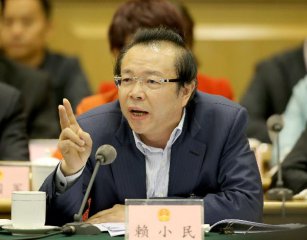
The landscape of China's asset management industry will be reshaped as domestic commercial banks set up their asset management companies to compete with fund firms, said a report of Economic Information Daily on Thursday.
Recently, the China Banking and Insurance Regulatory Commission (CBIRC) put into effect its new administrative methods to regulate the activities of asset management companies under China's commercial banks, completing the final link in the regulatory rules for China's asset management industry.
These new methods will result in further division of markets among such new asset management companies and the existing fund firms, according to Ming Ming, chief analyst of CITIC Securities Company Limited.
These asset management companies, boosting broad access to retail investors, will take the upstream of the asset management industry as the major entrusting parties. Firms running public funds and private funds will utilize their advantages in investment research to focus on institutional investors as the major asset managers, according to Ming's prediction.
Xu Chengyuan, chief financial analyst of Golden Credit Rating International Co., Ltd., believed that competition and cooperation would coexist among the banks' asset management companies and the fund firms.
While competition would push them to differentiated development paths, these players can complement each other.
Public fund firms can expand their customer base via the commercial banks and the asset management companies, weak in their investment research capacities, still need to collaborate with these fund firms on equities investment in their early stage of development, Xu said.
Statistics from the financial data provider Wind showed that as of now 20 Chinese commercial banks had announced plans to set up their asset management companies, including five state-owned banks, nine joint-stock banks and six city commercial banks.
The registered capital of these asset management companies ranged from one billion yuan (145.44 million U.S. dollars) to 16 billion yuan (2.33 billion U.S. dollars), according to their announcements.




















Latest comments